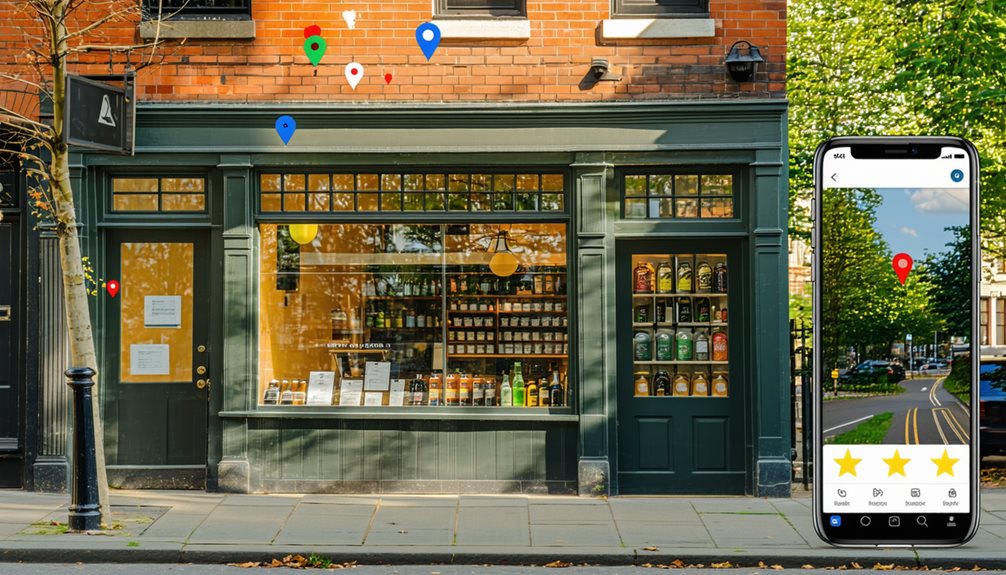ChatGPT’s Impact on Search Behavior and SEO Strategy
ChatGPT has accelerated the trend toward conversational search, with users now comfortable asking complete questions and engaging in multi-turn dialogues to refine their queries.
ChatGPT has accelerated the trend toward conversational search, with users now comfortable asking complete questions and engaging in multi-turn dialogues to refine their queries.
Content marketing has emerged as a cornerstone of modern digital strategy, enabling brands to cultivate trust, demonstrate expertise, and guide customers through complex purchasing journeys.
Local businesses gain significant advantages through Google Map Pack placement, which displays three local establishments with map views above standard search results.
Google My Business defines local business visibility through search relevance, prominence, and proximity.
Local citations connect businesses with addresses and phone numbers to their digital presence across the internet.
In my Clearscope review I cover the tool’s cost and SEO optimization features to help you decide if it’s worth it.
My Strell review rates the tool high for affordability, finding low-competition keywords plus a reliable content audit and content editor.
My NeuronWriter review rates the tool highly for its in-depth content optimization features and AI capabilities plus content planning.








